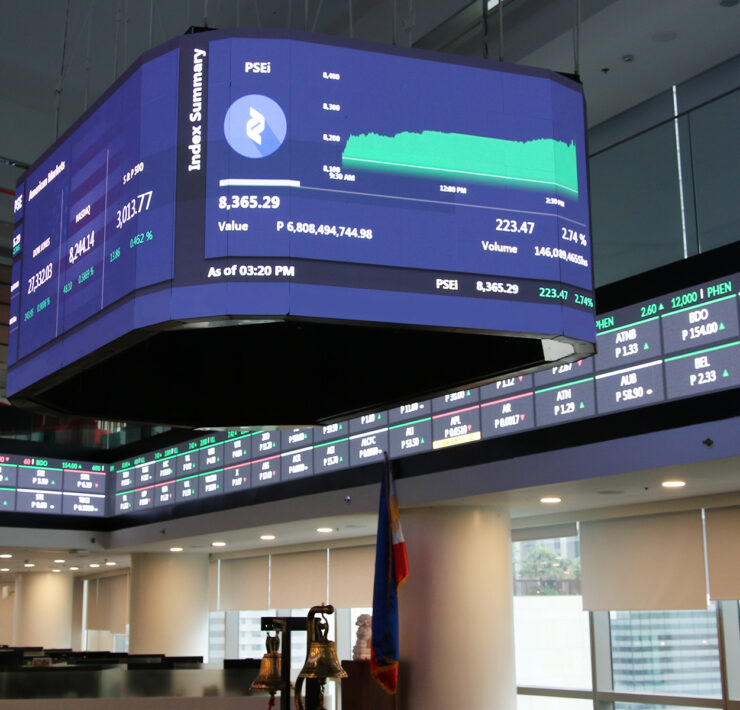Brazil ready to export more meat to PH

São Paulo, Brazil — More exporters from Brazil may be able to sell meat products to the Philippines this year, resulting in increased meat exports after gaining expanded access.
Luis Rua, markets director of the Brazilian Association of Animal Protein (ABPA), said on Monday that securing the system accreditation from the Philippine government was enabling other exporters to meet the increasing demand for this commodity.
“The Philippines has more options of providers in addition to those that use exports from Santa Catarina state and enables other provinces of Brazil to export to the Philippines,” Rua said in a press conference with foreign journalists ahead of the SIAVS 2024, the largest animal protein meeting here.
“This helps in the competitiveness and we have good expectations,” he added.
In March, the Brazilian government announced that it had forged system accreditation and pre-listing establishment agreement with authorities in Manila.
Under this arrangement, all Brazilian companies may apply for accreditation to export meat as long as they are qualified by the Federal Inspection System, an agency here responsible for ensuring the quality of meat for local and domestic markets.

The technical missions of Philippine authorities will now focus on validating the system instead of evaluating plants and pertinent documents individually, as what had been done in the past.
Rua also said Brazilian exporters were prepared to meet any supply gap caused by the prevalence of African swine fever that “decimated parts of the world.”
Since the 2019 outbreak, the animal disease has affected 74 out of 82 provinces nationwide. Based on estimates, the hog industry has lost more than P200 billion.
ABPA president Ricardo Santin said Brazilian exporters have the “capability” to beef up hog supply through “complementarity,” meaning they can ship meat products while preserving the local industry.
“There should be no borders for food,” Santin said. “Brazil is telling the world in a humble way that we are prepared to be one of the countries to complement population growth.”
“We need more food and we are ready to do it in a sustainable way, in a way that we preserve the environment. We do not log trees, [and we] bring food safety and health for all the materials we export,” he added.
To date, more than 150 countries, including the Philippines, import meat from Brazil.
Some 53 establishments here are authorized to export different meat products, based on the list of the National Meat Inspection Service as of February 2023.
In 2023, the Philippines was the seventh main destination of Brazilian meat worldwide, with such imports valued at $681 million, making it a main market for its meat exports.
Data from the ABPA showed that the South American country had delivered 120,151 metric tons (MT) of chicken meat in the first semester of 2023, down by 2.5 percent from the level a year ago. The volume accounted for 54.7 percent of chicken meat exported by this country in 2023.
On the other hand, Brazilian pork exports increased significantly by 65.3 percent to 84,279 MT, equivalent to 66.88 percent of imported pork from this nation last year.
Based on the data from the Bureau of Animal Industry, Brazil is the top source of chicken and the second-largest pork provider in Manila.
Brazil is the leading supplier of mechanically deboned chicken, often used as filings and extenders.





















